In the past two weeks, we’ve touched on aspects in emergency response preparedness: plan, training. The next thing is drills. So you have the plan, your people have been trained but have you tested to see the effectiveness of the plan?
Again, because this is Nigeria, yes, God forbid but just imagine it isn’t forbidden and it actually happens, would your employees, co-workers, visitors know what to do? I’d be using an example in aviation to drive home the point. In the video above, I recently had my recurrency training and drills. This is mandatory for crew every 12 months because of the importance of periodic training. I have had to do this 6 times in the past 6 years. So of course, I do not want to crash land on land or water some day but if that happens, I’ve been prepped with knowledge to ensure we can be located by rescue teams, I know how to ensure passengers are protected from the elements, I know how to sort out food and water options not just for myself but for the passengers in my care and of course administer first aid where necessary. Just in case, you thought it was all about wearing short dresses, heels and lipstick, lol.
The thing about drills is
1) It makes you put yourself in that situation and explore how you will react. Sometimes people may know something but when faced with the situation they might panic, forget what to do or take wrong action. Drills help combat negative response
2) You will learn what to do and what not to do. I originally did not know how to swim but when I heard this was a necessary part of my job description I had to learn. I’m not a Michael Phelps but the basics, I got it covered. Therefore, irrespective of your sector, you can learn what is required for acting in emergencies peculiar to your sector
3) It shows loopholes in the emergency response plan. It is always better to discover mistakes in a drill than in a real emergency.
4) It provides a basis to make informed correction of the emergency response plan
5) It builds confidence in existing safety systems and individual performance. This is the reason trained professionals can act in emergencies. While others are afraid and worried about their lives, they are acting with precision due confidence built from training.
Preparedness is key to handling emergencies successfully. Are you now more likely to consider this for the workplace?
#EmergencyResponsePreparedness
#SafetyDrills
#SafetyConsciousness
#SafetyEducation
#TheSafetyChic Intentionally Grooming A Safety Conscious Generation



